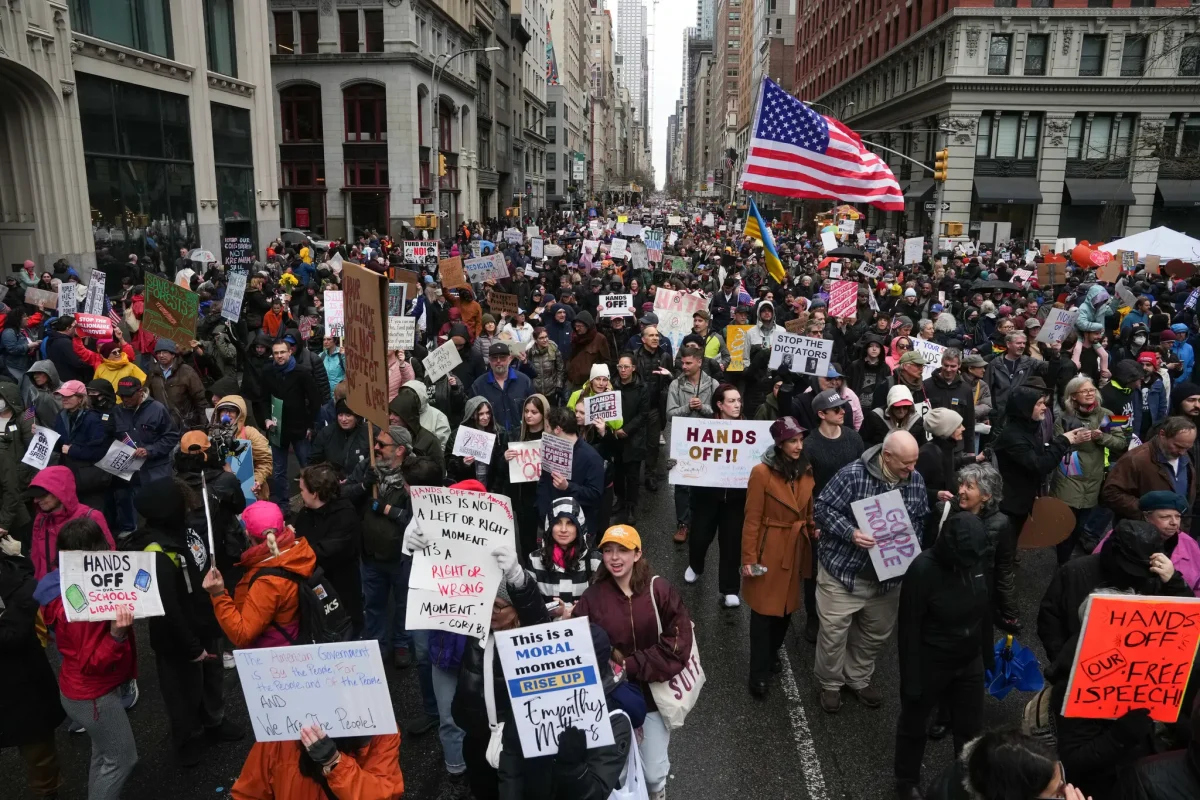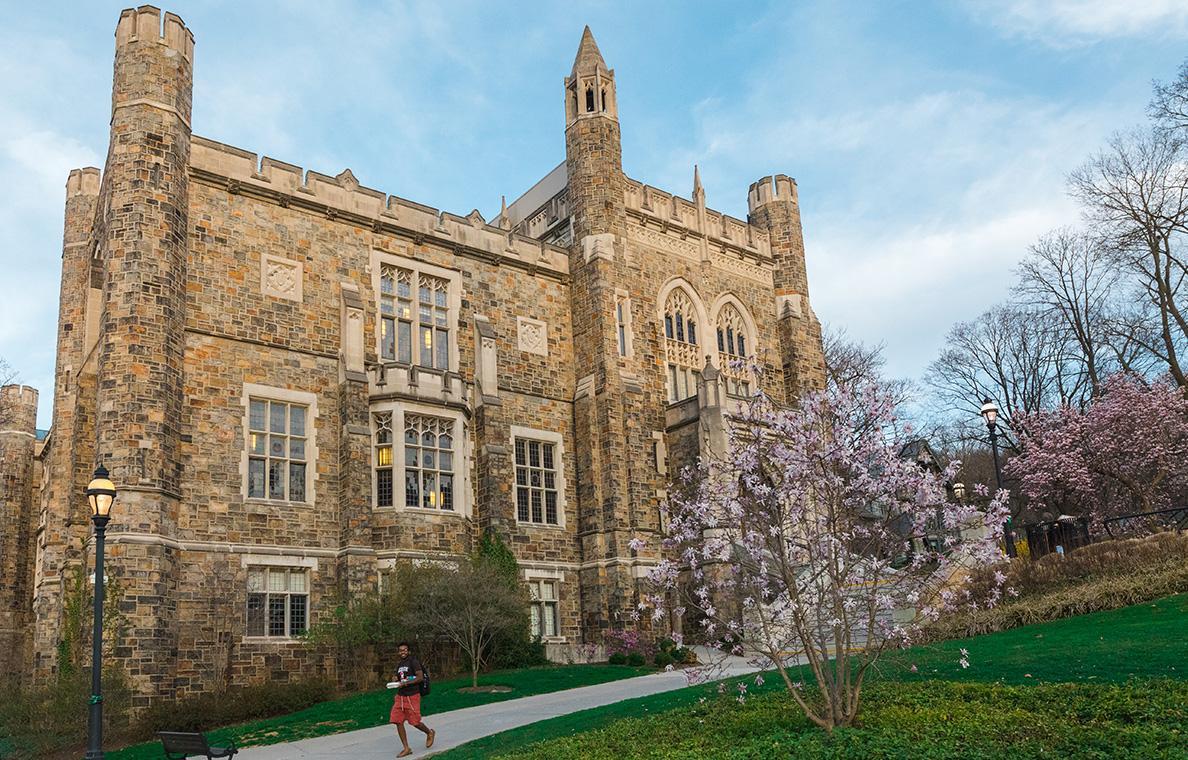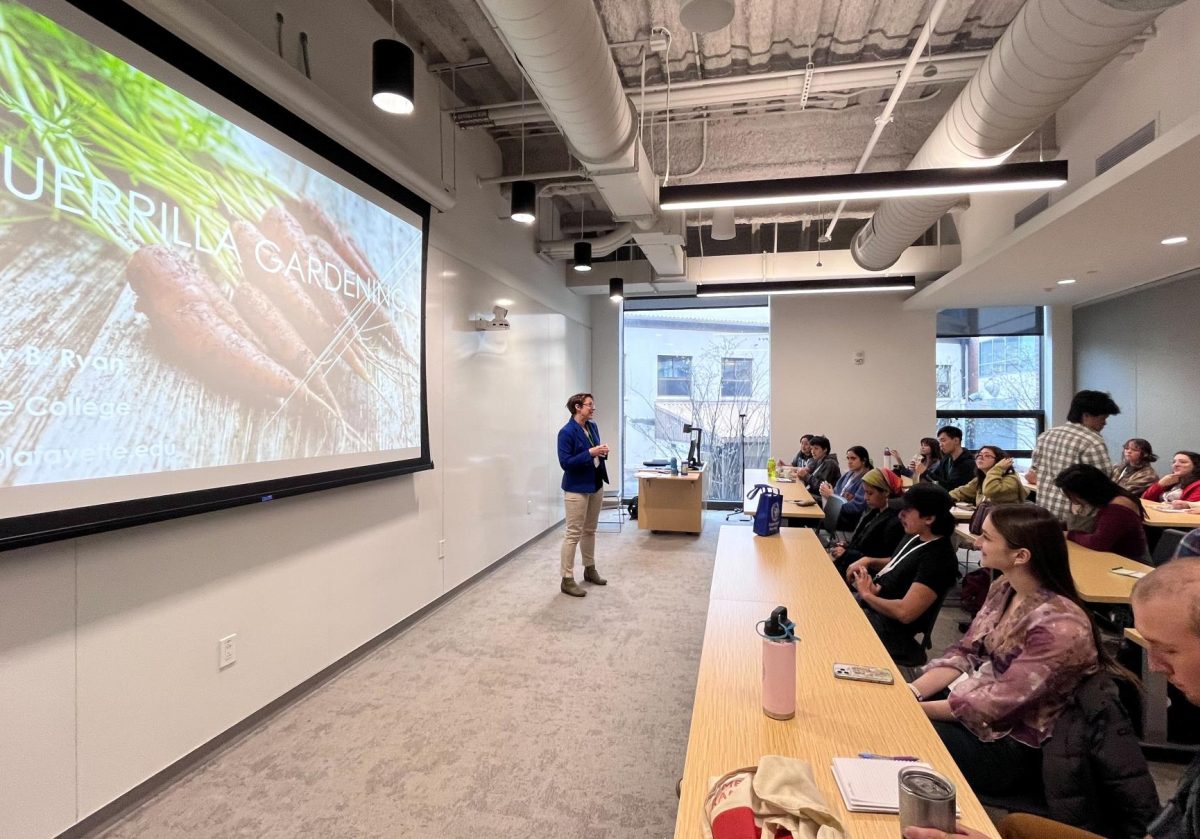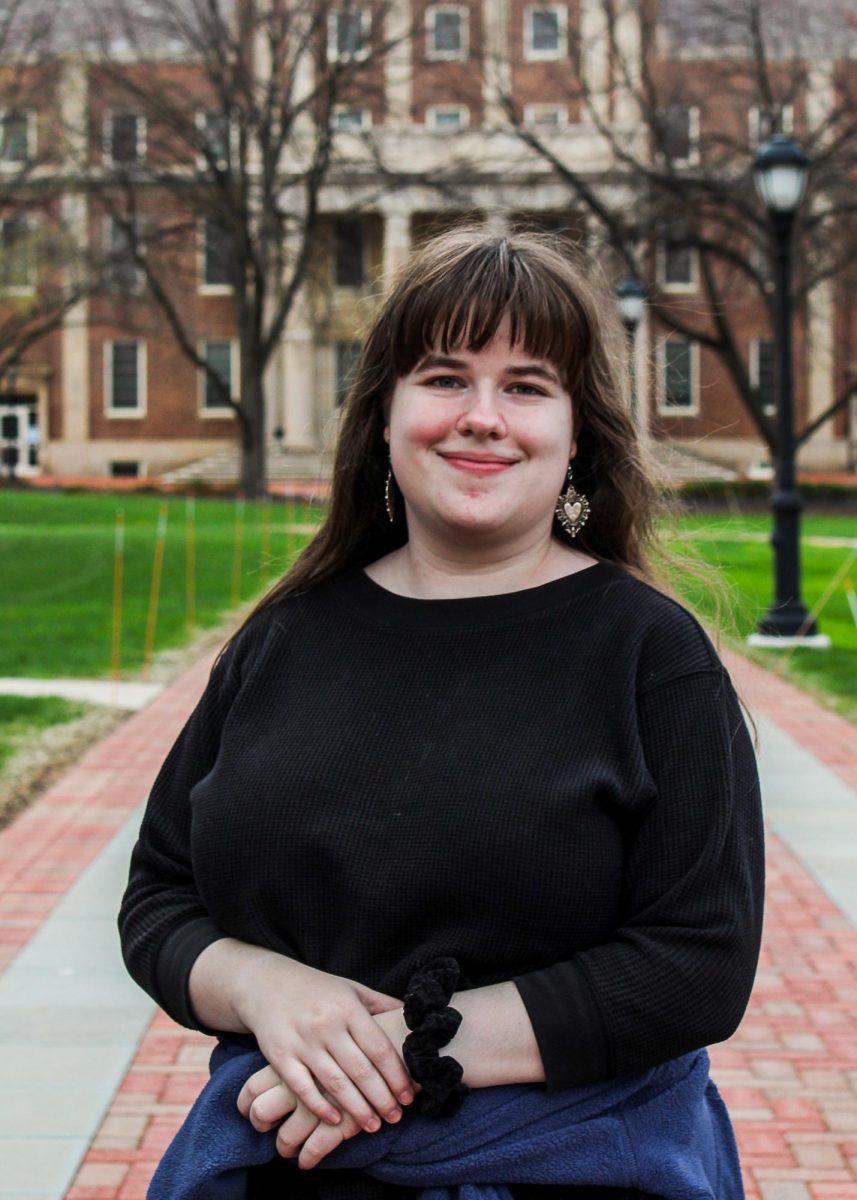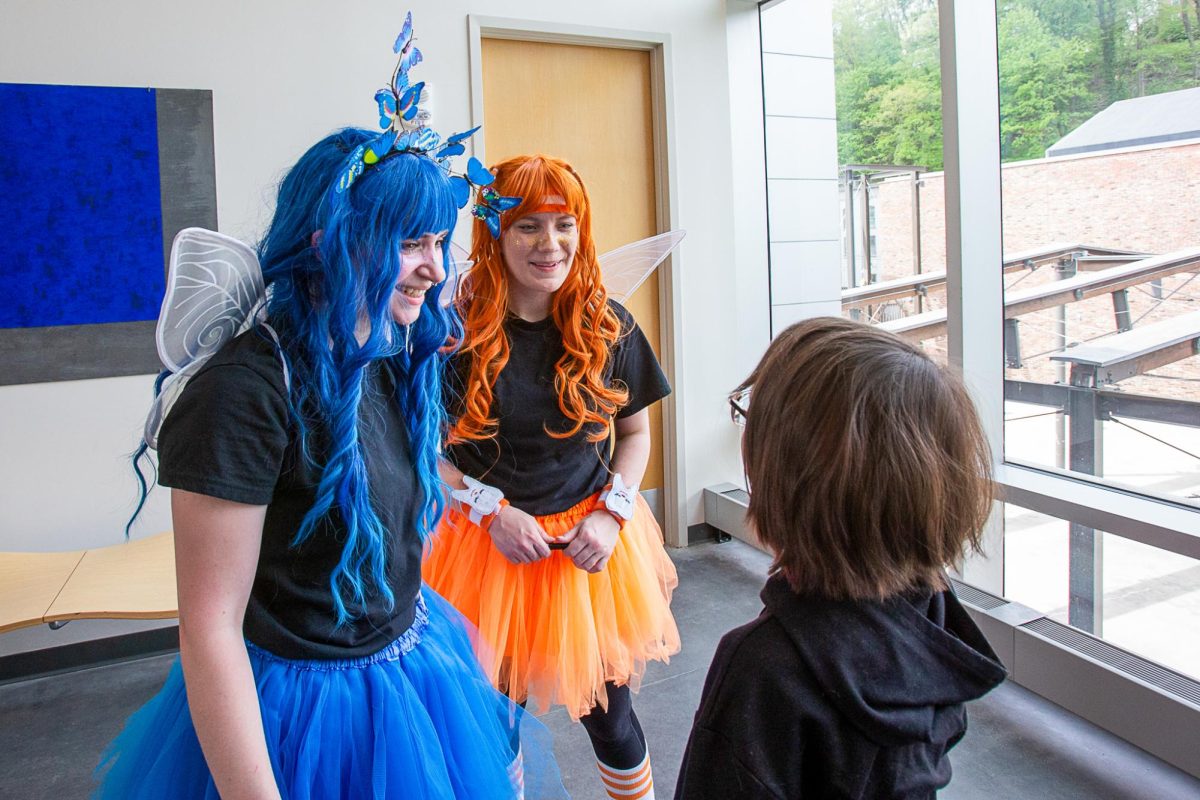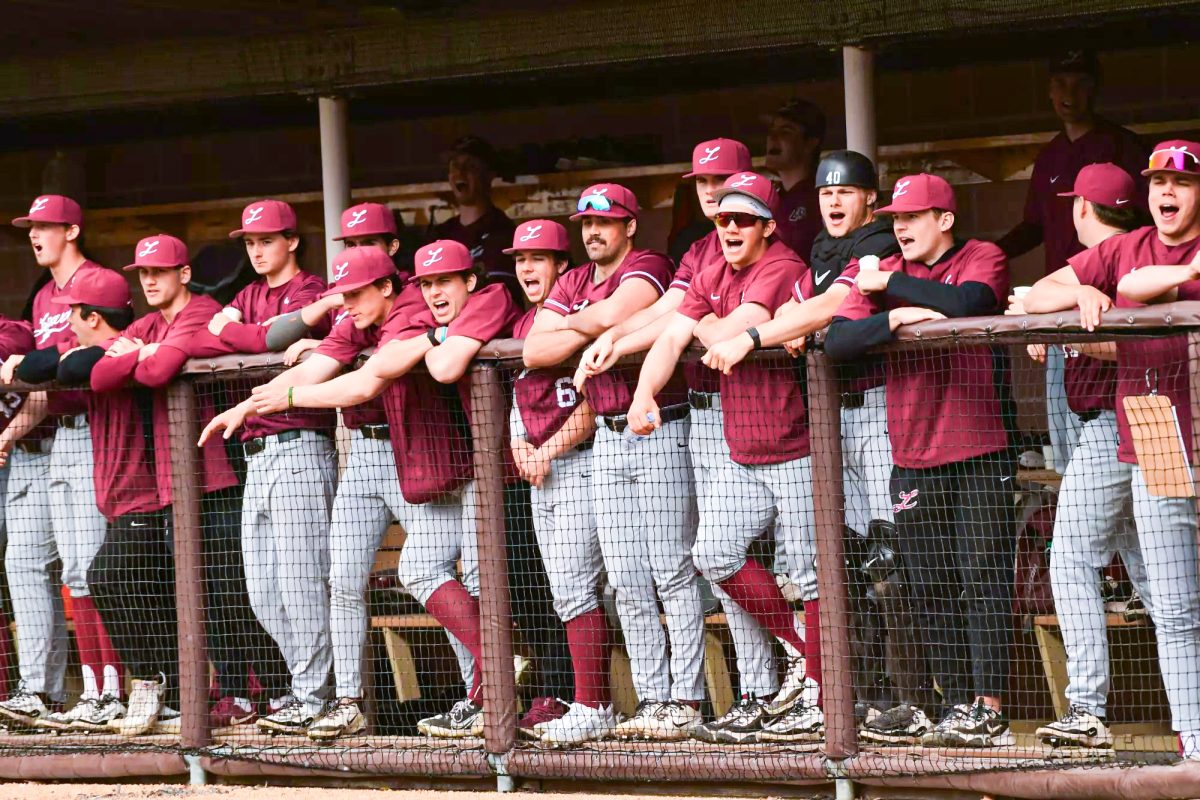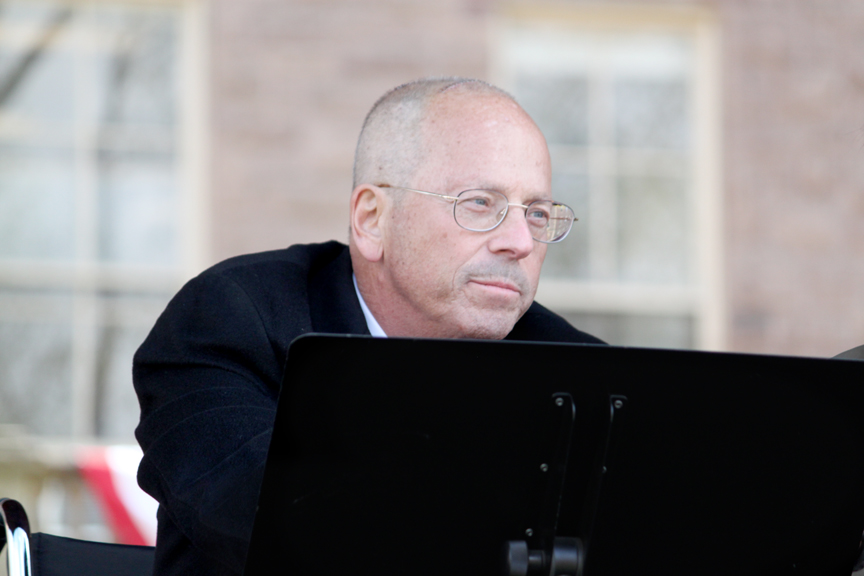Photos by Ally Hill ‘15
Robert A. Pastor ’69 died January 8 at his home in Washington, D.C., succumbing to complications with colon cancer. He was 66.
Pastor worked as the Director of the Office of Latin American and Caribbean Affairs for the National Security Council in President Jimmy Carter’s cabinet. He was also at Lafayette last April to introduce to the former President when he spoke at the college.
Pastor graduated Lafayette in 1969 with a Bachelor of Arts in history. He went onto Harvard’s John F. Kennedy School of Government, where he earned a Masters of Public Administration and Policy, eventually going to the university’s department of government to earn a PhD in the area of political science.
In 1977, the year Pastor received his PhD from Harvard, President Carter’s national security adviser Zbigniew Brzezinski hired Pastor for his job at the National Security Council, according to an obituary written in The Washington Post. His career continued for almost 40 years after that, where he would hold a multitude of positions at colleges in the US and Mexico, work as an advisor to different candidates and government organizations, and work as a director at the Carter Center. At the time of his passing, he was a professor and a director of different centers at American University in Washington, D.C.
Pastor’s most significant accomplishment was his work negotiating Panama Canal treaties, which gave full control of the Canal to Panama, according to an essay about Pastor written in the New Yorker. The author of the piece, Hendrik Hertzberg, met Pastor when he worked in the White House during the Carter administration.
Pastor was last at the college on April 22 of last year, where he introduced former President Jimmy Carter as the inaugural speaker of the Robert ‘69 and Margaret Pastor Lecture in International Affairs, which was named after Pastor and his wife. Pastor’s introduction was highlighted by anecdotes about his time as a student at Lafayette.
“There is something almost spiritual about the way America’s small colleges can stimulate their students’ curiosity,” Pastor said in the speech. “In intimate settings, professors can pose the large questions, and the only limits are the students’ determination to try and answer them. I started with the largest question of all: the meaning of life. That was nearly 50 years ago, and I’m only now beginning to locate an answer.”
“But truth be told,” Pastor continued. “I was much more preoccupied with other questions, such as how to stop the war in Vietnam, [and] how to attract women to campus on the weekends and permanently”.
For years, Pastor has “been a major factor in the college, you know, in terms of not only financial contributions, but also in a lot of ways the epitome and spirit of Lafayette [and] international relations,” president of the Alumni Association David Reif ‘68 said. “Contributions like that are really sort of the key to what makes Lafayette, Lafayette.”
In a statement released after Pastor’s death, President Carter praised Pastor for his accomplishments in advancing the Western world.
“Because of his vision, boundless energy, and political skill, the Western Hemisphere is more democratic and developed today,” the statement read.


